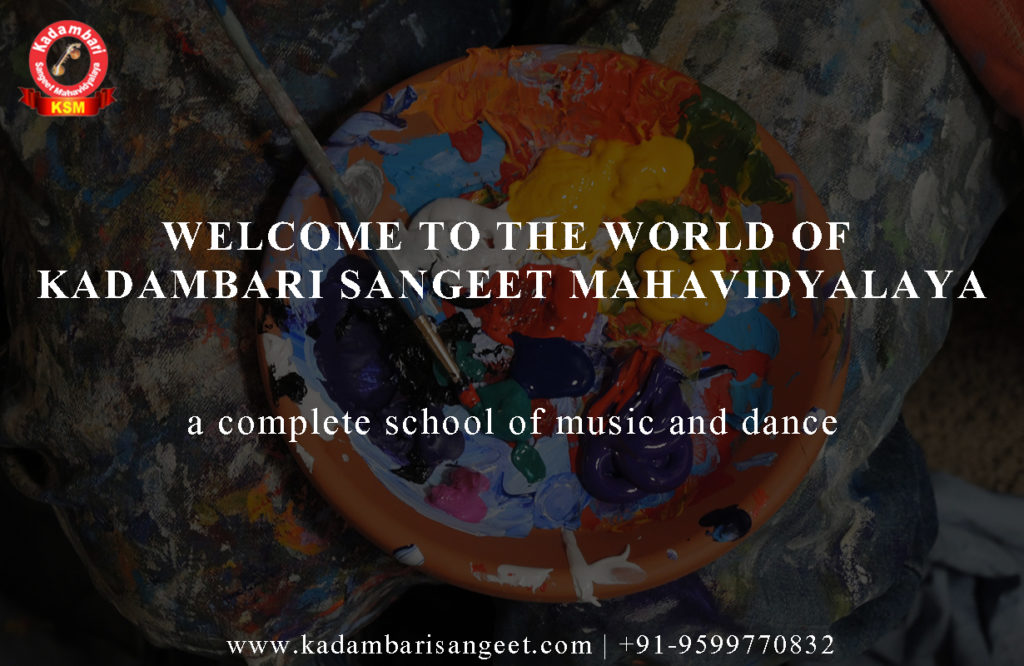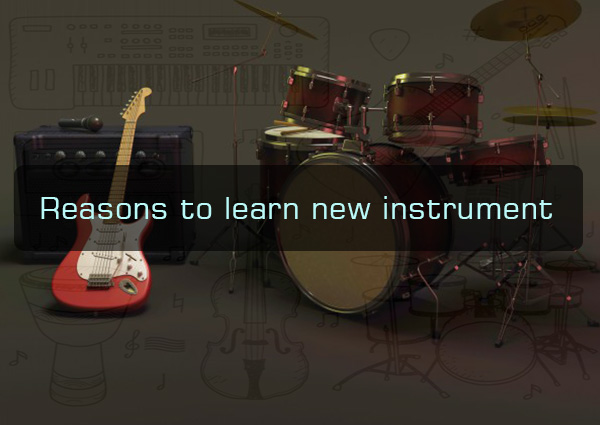Reasons to learn a New Instrument
The following article will discuss an important topic that is “Reasons to learn a new instrument” and we will talk about it in more details within the article:Although it might seem too soon if you haven’t yet mastered your first instrument, in fact, there are a range of advantages which come from learning a second (or even a third!) instrument.
Here are Some Good Reasons to Learn a New Instrument.
1. The Theory at Your Fingertips
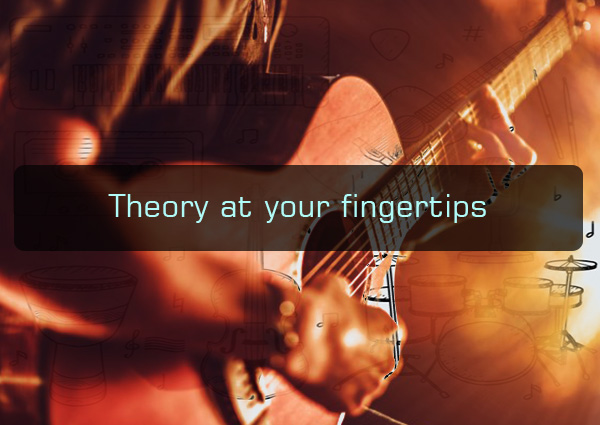
Let’s say your primary instrument plays principally one note at a time. Learning a chording instrument, like piano or guitar, can open your mind to new worlds of harmony. If your primary instrument could be a chording instrument, learning a melody instrument is often equally eye-opening. Of course, you can easily learn to play melodies (more usually called leads) on your guitar or piano, but the unique organization of tones on a woodwind or a brass instrument will offer different insights. For this dance classes in rohini are doing their work so well.
2. I’ve Got Your Back

Instruments play totally different parts: like characters during a movie, there are lead and supporting roles. When we learn new instruments, we always tend to gain a far better understanding of the whole.
As many of us say when you compliment a Roma cymbalist (a cimbalom is actually nothing but an East European hammered dulcimer), he humbly replies, “Oh no, I’m simply a soloist.” The accompanists are much more highly esteemed!
Whenever you played wind instruments, you are dependent on others for accompaniment. Playing accordion, you could play both melody and accompaniment. Even better, you could actually accompany others! You don’t have to be the star of the show anymore. When you do go back to playing a melody, you may have a much greater connection with your accompanists and with the harmonic underpinning of your melodies.
3. Around the World in 120 Buttons
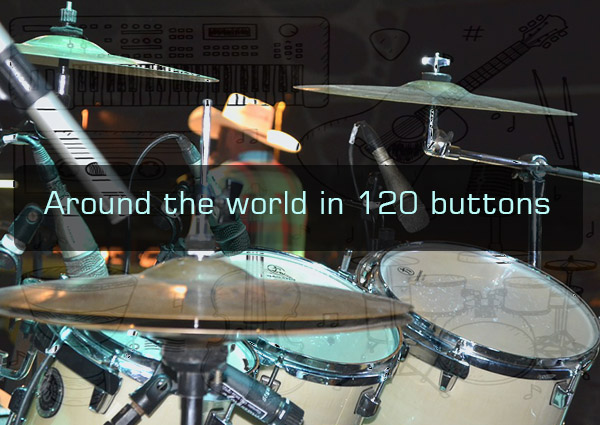
For example: if soon after receiving the accordion, you began a 15-year obsession with Klezmer (Jewish East European traditional music) and the accordion fit right in. You eventually discovered a lot of other world traditions using the accordion: Brazilian choro, Zydeco, Balkan, Norteno… These traditions have actually helped you and continue to expand your musical enjoyment and expression for music.
While your accordion skills are not always up to playing all the wonderful music you hear, you have transferred your interest in these traditions on to your other instruments. Similarly, the tin whistle is your gateway to Irish music, and Native American flute puts you in touch with your relationship with the Earth. Try a brand new instrument and you never know where within the world you’ll wind up!
4. It Might Be Easier Than You Think!
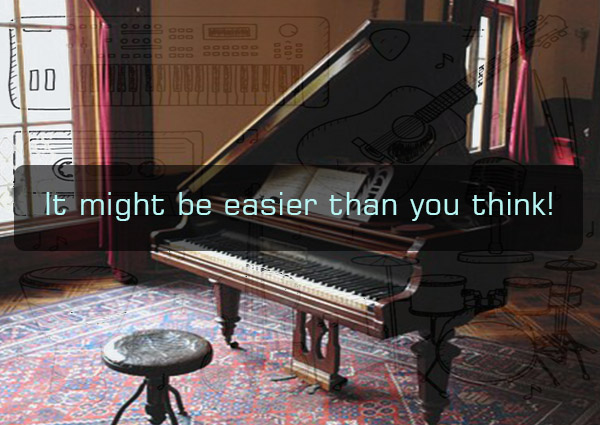
For example: If and when people ask you how many instruments you play, you may like to answer “Two: things that you blow on and things that have keys.”After many years of flute, it was such a thrill to realize you could pick up a saxophone and play it out of the box—and such expansion of your musical expression! Ditto for your collection of whistles, recorders, ocarinas, and wooden flutes. Piano gave you a good head start on the accordion and keyboards.
We don’t always notice simply how similar instruments may be. A mandolin is essentially a fretted, plucked violin. The piano keyboard spreads across organs, accordions, melodicas, electronic keyboards and much more. All the brass instruments share quite similar principles.
5. Manage Your Money
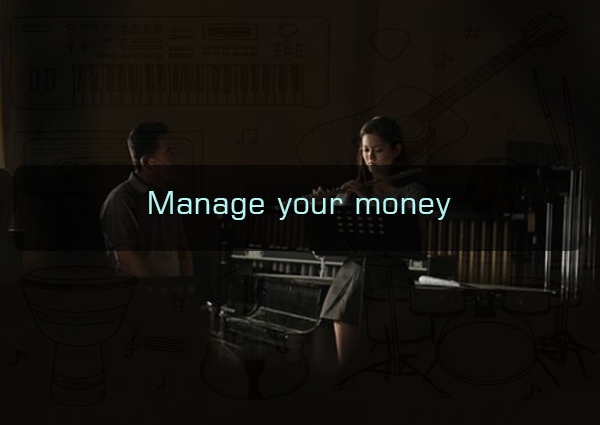
Learning multiple or a number of instruments doesn’t have to cost a bundle or fortune. For example, a girls’ parents have purchased good instruments but they pay nothing for guitar or flute lessons. Even your piano lessons represent a fraction of what they learn musically during the course of a week. The girls are confident in their abilities to self-teach and to help each other.
We don’t all have the support of parents, church, and school in our musical journey—but there are so many other resources available now, which permit self-directed musical growth and get support from others.
The investment in becoming a multi-instrumentalist can provide greater professional opportunities as well. You may have a much wider range as a teacher and performer because of it—and your work day will be full of variety and fun!
6. Rhythm of Life
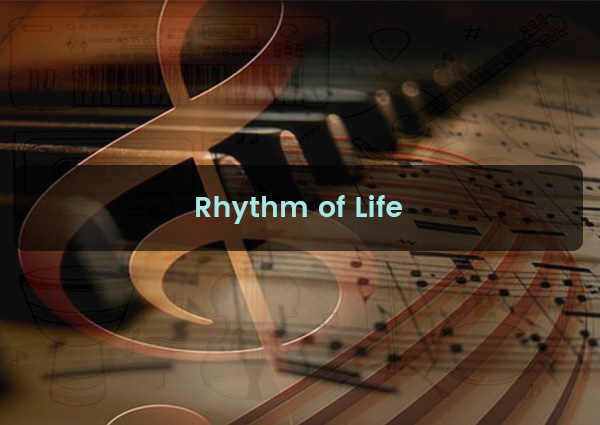
For example Years ago a boy traveled to an old warehouse/storage unit in the north of Boston for djembe classes with a West African drummer. He vividly remembers attending a drum and dance meeting in a school gymnasium. The layered rhythms and tones of the drums echoed off the walls and floors, and he was able to hear rhythms and even melodies of any African diaspora tradition he chose, from mambo to Motown, reggae, funk and more. This one experience stays with him in his rhythmic concept to this day.
He has since noticed that drummers usually make nice singers, keyboardists, and guitar players. Several of his strongest songwriting students have been primarily drummers.
His djembe experience taught him that even dabbling in another instrument can have a huge impact on his overall musical expression.
7. Jack of All Trades, Master of One
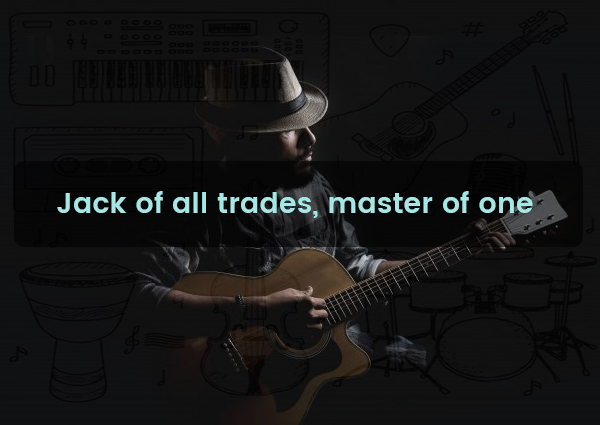
With all the instruments you may have studied, you have never achieved the mastery that you have with a specific instrument. Additionally the music theory, new cultures, understanding of musical roles, rhythmic exploration as well as financial gain opportunities gained along your multi-instrumental journey all enrich and expand your instrument playing infinitely.
Even if we never master over one instrument, learning extra instruments will teach us so much regarding music. Those lessons expand our playing on our primary instrument, teach us more about ourselves and about each other.
